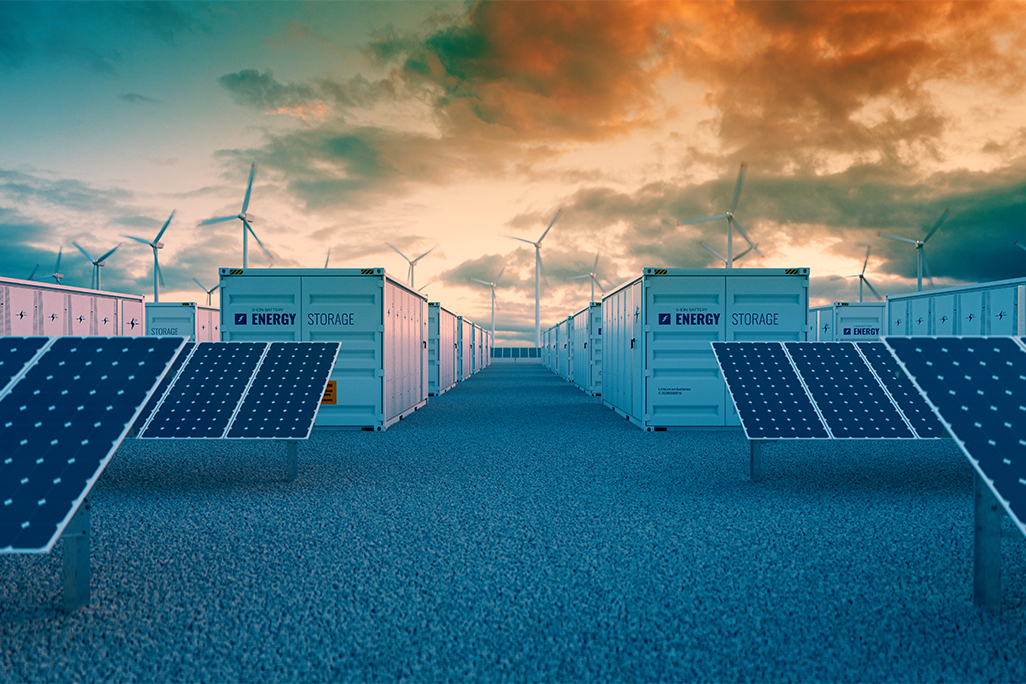The Energy Transition | Ofgem launches consultation on Balancing Mechanism reforms
Published on 10th July 2023
Welcome to our top picks of the latest energy regulatory and market developments in the UK's transition to net zero.

This week we look at Ofgem's consultation on Balancing Mechanism reforms, reforms to tighten carbon limits for high-energy industries, and more.
Ofgem launches consultation on Balancing Mechanism reforms
Ofgem is pushing forward with plans to introduce new licence conditions for electricity generators. The energy regulator published a consultation on 29 June 2023, following on from proposals it announced in February 2023 on the introduction of a new licence condition. The Inflexible Offers Licence Condition (IOLC) seeks to address concerns over some generators taking advantage of their dynamic parameters to gain excessive profits through the Balancing Mechanism (BM).
Ofgem’s plans follow its open letter in 2022, which found that some generators were submitting persistently high and inflexible offers in the BM to the electricity system operator National Grid ESO. This resulted in National Grid ESO incurring significantly higher BM market costs, which were then passed on to consumers.
The IOLC will prohibit generators from obtaining excessive benefit from inflexible offers in the BM when their units are operated in a manner that limits their responsiveness to market and system conditions. In the latest consultation, Ofgem has proposed to limit the applicability of the IOLC to times when a generator with a Minimum Zero Time of longer than 60 minutes has revised their Physical Notification from a positive megawatt (MW) value to 0MW within the operational day.
The statutory consultation is due to close on 27 July 2023 and Ofgem expects to publish its final decision later this year.
UK tightens carbon limits for high-energy industries
The UK Emissions Trading Scheme Authority (ETSA) has announced reforms to strengthen carbon emission limits and further extend the emissions cap to new sectors.
The Emissions Trading Scheme (ETS) has been in place since 2021 and limits the amount of carbon that selected high-energy industries can emit. The latest reforms from the ETSA will require the industrial, power and aviation industries (which are currently covered by the ETS) to bring their emissions down at the rate needed to reach net zero goals from 2024. The reforms will further extend the ETS to cover additional UK sectors, including energy-from-waste from 2028 and domestic maritime transport from 2026.
To ease the transition, the ETSA has announced that extra emissions allowances will be made available to the market between 2024 and 2027. In addition, the ETSA has stated its support for long-term investment in greenhouse-gas removal technology.
In a joint statement, ETSA ministers said, the "UK Emissions Trading Scheme, along with other interventions, forms part of a wider strategy to provide a long-term framework to incentivise UK industries to decarbonise - seizing the huge opportunities that are arising from a rapidly expanding clean nergy sector, and providing the certainty that industries need to invest in new green technologies."
Energy firms warned against paying dividends by Ofgem
Ofgem CEO, Jonathan Brearley, has written an open letter (published on 4 July) to domestic energy suppliers warning that he expects them to act responsibly and prioritise financial resilience as the energy sector is forecast to return to profit after five years of losses.
The UK energy regulator stated in its press release that it “expects suppliers to act responsibly and in the interests of their customers and will act to amend the price cap rate and methodology to ensure that it continues to fairly reflect costs as market conditions change.”
The letter outlined several steps Ofgem is taking to monitor energy sector profits including:
- assessing whether the market stabilisation charge is still required;
- reassessing the costs and benefits of the ban on the "acquisition only" tariffs;
- consulting on a new consumer standards framework, with a focus on the needs of vulnerable customers and those in financial difficulty; and
- monitoring developments to see if Ofgem’s expectations of a return of price competition for customers, alongside competition on service standards and innovative products, are met.
Next steps on 4GW of floating offshore wind in the Celtic Sea
The Crown Estate has announced next steps for developers preparing to bid for an auction round for 4GW of floating offshore wind later this year.
In 2021, the Crown Estate set out its plans to lease the first commercial-scale floating wind project located in the Celtic Sea. Following discussions with the UK government and stakeholders, it is now focused on delivering up to 4GW of floating offshore wind across four project sites in two of the areas which it shortlisted in October 2022. The formal launch of the tender for this first development phase is planned for later this year.
The Crown Estate has updated the tendering process to ask bidders to provide numerous commitments, including the role of ports in the assembly and deployment of turbines. The Crown Estate has also made changes to its auction design in the hope of increasing transparency between bidders and driving social value.
This article was written with the assistance of Amy Lewis and David Herron, trainee solicitors.


